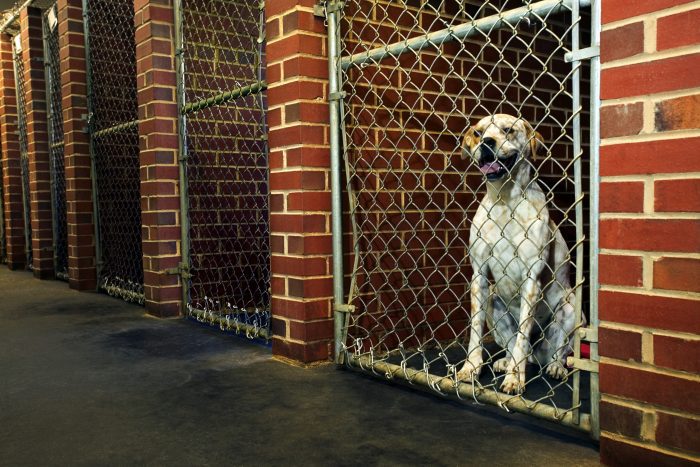Editorial: Municipal shelters are a mirror of our own morality
Government exists to protect life, liberty and property. If we truly believe in these words, these protections must naturally extend to animals.
Municipalities within the TBR News Media coverage area are grappling with the complexities of maintaining their animal shelters. Though often overlooked, shelters fulfill a vital public need, offering a haven to stray and sometimes abused animals, providing medical treatment, limiting the number of stray animals on our streets and acting as a place where animals can be adopted.
Without animal shelters, myriad strays would roam our streets. They would likely pose numerous public safety and health risks to the public and to themselves while putting considerable stress on budgets.
How we maintain our animal shelters is a reflection of our morality and the value we place on life itself. Our treatment of animals signals how we may treat our fellow man and the extent to which we value life. And both locally and nationally, we can do better.
We acknowledge this is a highly passionate, often controversial, issue among community members — the plight of unhoused animals tears at our heartstrings.
Given the moral considerations at play, shelter volunteers are critical public servants. Their collective efforts keep our streets safe and unhoused animals sheltered.
A rift can form between the paid managers of municipal shelters — often selected by patronage or union status — and unpaid volunteers. We must endeavor to bridge this divide.
We remind paid staff and unpaid volunteers that they are on the same team, united by a common cause. Hurling accusations or disparaging the opposite party will do little to advance animal welfare or the public good.
It is also incumbent upon local officials to be more transparent and accountable in their oversight of municipal shelters. These officials are elected to serve the public, and the public deserves answers to these pressing matters.
If our municipal shelters are underfinanced or understaffed, then elected officials must explain what they are doing to remediate these challenges. And if the elected officials choose not to be accountable, then the public should vote them out of office. We appreciate the few incumbent or prospective officials who offered their perspectives on this matter.
Finally, citizens have a stake in this as well. To relieve the pressures on our local animal shelters, we must strive to increase shelter adoption rates.
We will not vilify those who purchase a pet from a breeder. However, we ask prospective pet owners to start their search at their local municipal shelter.
Adopting from a shelter won’t just give a needy animal a home. It will lower the financial and operational strain on shelter resources and staff, lower euthanasia rates and save lives.
Mahatma Gandhi once said, “The greatness of a nation and its moral progress can be judged by the way its animals are treated.” It is time for residents and officials alike to heed these words.
By doing our part to help our municipal shelters, we can contribute to the greatness of our community and nation. To be a just and humane society, we must begin by assessing how we treat animals.







